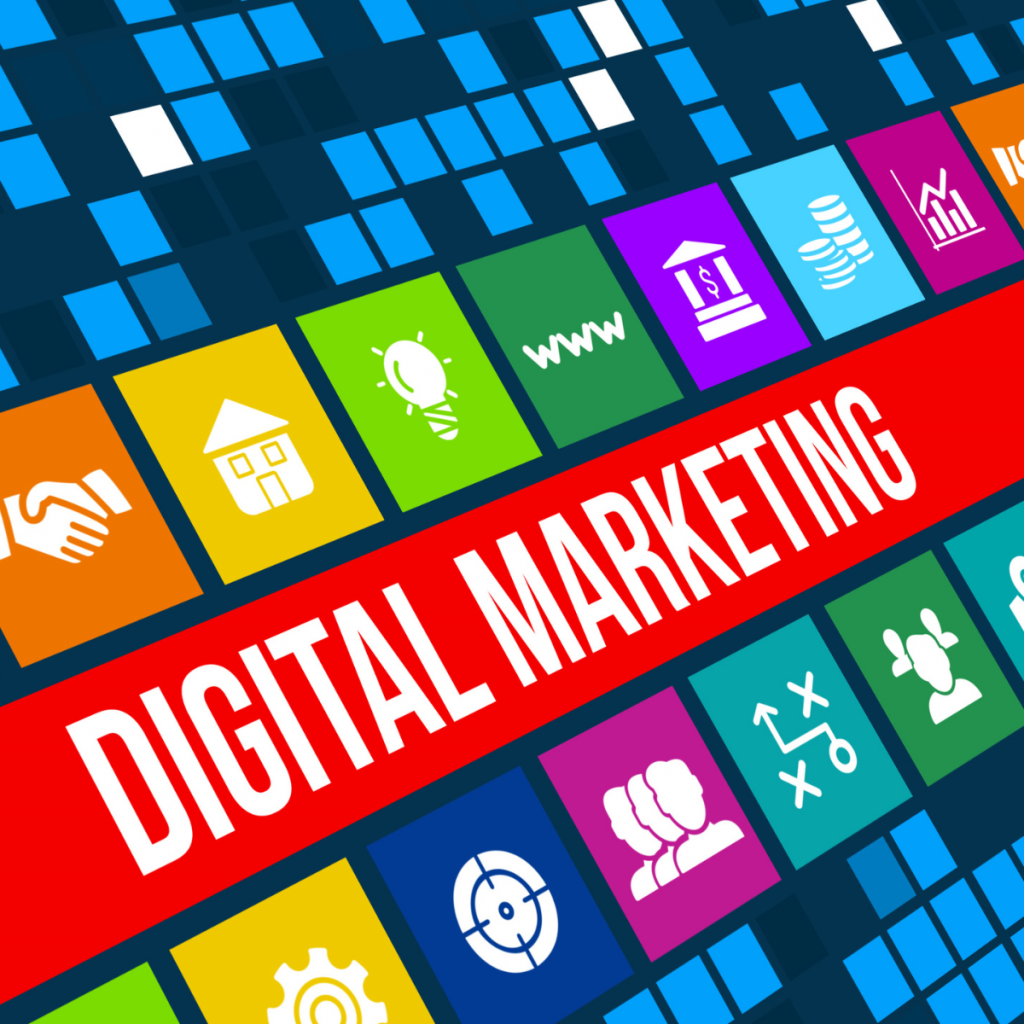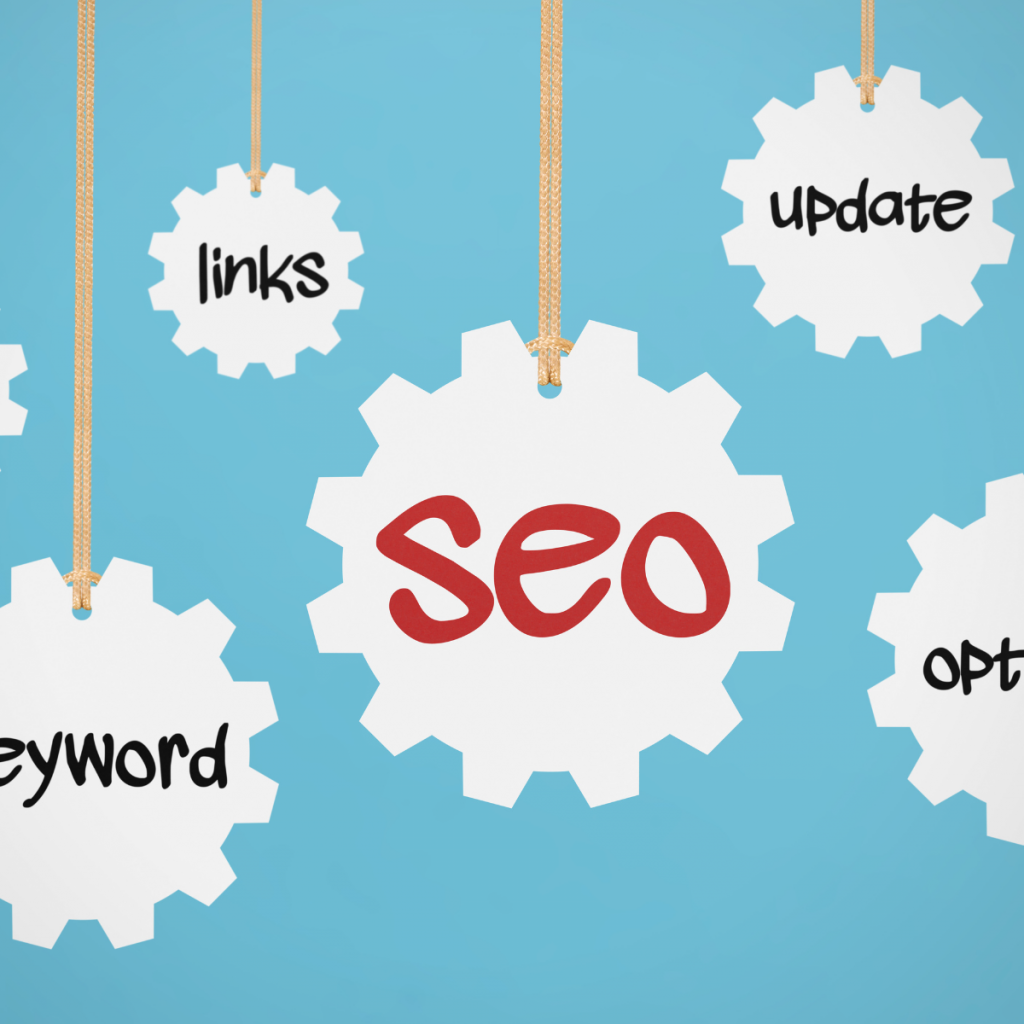As we step into 2025, the digital marketing landscape continues to evolve at an unprecedented rate. With technology advancing rapidly and consumer expectations shifting, businesses need to stay ahead of the curve to remain competitive. Digital marketing has become more dynamic, data-driven, and personalized than ever before. In this article, we’ll explore the most important trends shaping the future of digital marketing, providing you with key insights to refine your strategy and drive success in the coming years.
1. Artificial Intelligence and Automation
Artificial Intelligence (AI) and automation are set to dominate the digital marketing space in 2025. With the ability to process vast amounts of data, AI can help businesses deliver more personalized and targeted marketing campaigns. AI-powered tools are already being used for content generation, chatbots, predictive analytics, and customer insights. In 2025, businesses that utilize AI effectively will have a significant edge in improving customer experience, streamlining operations, and enhancing marketing ROI.

Automation, when paired with AI, allows marketers to streamline repetitive tasks, such as email marketing and social media posting, leaving them more time to focus on strategy and creativity. As AI technology becomes more sophisticated, automation will play a crucial role in enhancing efficiency and maximizing results.
2. Voice Search Optimization
With the continued rise of smart speakers like Amazon Alexa, Google Assistant, and Apple Siri, voice search is rapidly changing the way consumers interact with search engines. In 2025, voice search will account for a larger share of online searches. Voice search optimization is therefore becoming a key focus for digital marketers looking to rank higher on search engine results pages (SERPs).
Voice search queries tend to be longer and more conversational than text-based queries, which means that content strategies will need to shift to accommodate these new search patterns. Marketers should focus on using natural language, incorporating long-tail keywords, and providing concise answers to common questions to improve their visibility in voice search results.
3. Video Marketing Continues to Soar
Video marketing is not a passing trend; it has become an essential part of any successful digital marketing strategy. In 2025, video content is expected to account for over 80% of all internet traffic. This means businesses must prioritize video marketing across platforms like YouTube, Instagram, TikTok, and their own websites.
Short-form videos, live streaming, and interactive videos are expected to grow in popularity. Customers engage with videos more than any other form of content, making it crucial for brands to create captivating and relevant video content. Whether it’s product demos, tutorials, or behind-the-scenes footage, video content will continue to be a driving force for brand awareness, customer engagement, and sales conversion.
4. Personalized Marketing Experiences
Personalization is no longer a luxury but a necessity in digital marketing. Consumers expect brands to provide tailored experiences based on their preferences, behaviors, and purchase history. By 2025, marketers will need to leverage advanced data analytics, customer segmentation, and AI to deliver hyper-personalized marketing campaigns.
Incorporating personalized recommendations, targeted emails, and customized offers will become standard practice for businesses striving to stay competitive. Consumers are more likely to engage with content that speaks directly to their needs and desires, making personalized marketing a powerful tool for building trust and loyalty.
5. Social Commerce and Shoppable Content
Social commerce is transforming the way people shop online, and this trend is expected to grow exponentially in 2025. Platforms like Instagram, Facebook, TikTok, and Pinterest have already introduced features that allow users to shop directly through posts, stories, and ads. Social media is no longer just a platform for brand awareness; it is becoming a powerful sales channel.
Shoppable content, including live stream shopping and in-app purchases, allows customers to buy products without ever leaving their social media apps. Marketers must optimize their content for these platforms and create seamless shopping experiences that reduce friction in the buying process. Social commerce will play a pivotal role in driving revenue and increasing brand visibility in the coming years.
6. Augmented Reality (AR) and Virtual Reality (VR)
Augmented Reality (AR) and Virtual Reality (VR) are emerging technologies that are slowly gaining traction in digital marketing. In 2025, AR and VR will be more widely adopted as brands look to offer immersive experiences that engage and captivate consumers.
For example, brands in the fashion and beauty industries are already using AR to allow customers to try on products virtually. In the real estate and automotive sectors, VR is used to give customers virtual tours of properties and vehicles. As these technologies become more accessible and affordable, we can expect more brands to integrate AR and VR into their marketing strategies to enhance customer engagement and drive conversions.
7. Influencer Marketing Matures
Influencer marketing has been growing steadily over the past few years, and by 2025, it is expected to mature into a more strategic and sustainable marketing channel. While influencer partnerships remain a powerful tool for brand awareness, businesses will shift towards long-term collaborations with micro and nano influencers rather than one-off campaigns with celebrities.

Consumers are increasingly seeking authentic and trustworthy recommendations, and influencers with smaller, highly engaged followings are better positioned to provide that. In 2025, brands will focus on building lasting relationships with influencers that align with their values and resonate with their target audience.
8. Sustainability and Ethical Marketing
As environmental concerns continue to rise, consumers are demanding greater accountability from brands in terms of sustainability and ethical practices. In 2025, sustainability will be a key factor influencing purchasing decisions, and businesses that can showcase their commitment to environmental and social responsibility will have a distinct advantage.
Marketers will need to communicate their sustainability efforts clearly, whether it’s through eco-friendly products, carbon-neutral shipping, or ethical sourcing. Transparency will be essential, and businesses that genuinely prioritize sustainability will foster stronger connections with conscious consumers.
9. Chatbots and Conversational Marketing
Chatbots have already become a vital part of customer service and engagement, and by 2025, they will play an even more prominent role in conversational marketing. AI-powered chatbots are capable of handling a wide range of customer interactions, from answering frequently asked questions to processing orders and providing personalized recommendations.
Conversational marketing, through chatbots, live chat, and messaging apps, allows brands to engage with customers in real-time, improving satisfaction and increasing conversion rates. In 2025, businesses that use chatbots effectively will be able to provide faster and more efficient customer support, building trust and loyalty with their audiences.
10. Data Privacy and Compliance
As data privacy concerns grow, so too does the importance of compliance with regulations such as GDPR and CCPA. In 2025, businesses will need to stay on top of changing privacy laws and ensure that they are transparent about how customer data is collected, used, and protected.
Marketers will need to adopt data-driven strategies that prioritize consumer privacy and trust. This includes obtaining explicit consent for data collection, being clear about data usage, and providing customers with control over their personal information. Brands that prioritize data privacy will build stronger, more loyal relationships with their customers.
Conclusion
Digital marketing in 2025 will be driven by technological advancements, changing consumer expectations, and a greater focus on personalization and sustainability. As businesses navigate this evolving landscape, those who embrace new trends and adapt their strategies accordingly will stay ahead of the competition. From AI and voice search optimization to social commerce and influencer marketing, staying informed about these key trends will help you craft more effective campaigns and connect with your audience on a deeper level. By leveraging the latest tools and technologies, businesses can unlock new growth opportunities and achieve greater marketing success in the years ahead.

Leave a Reply